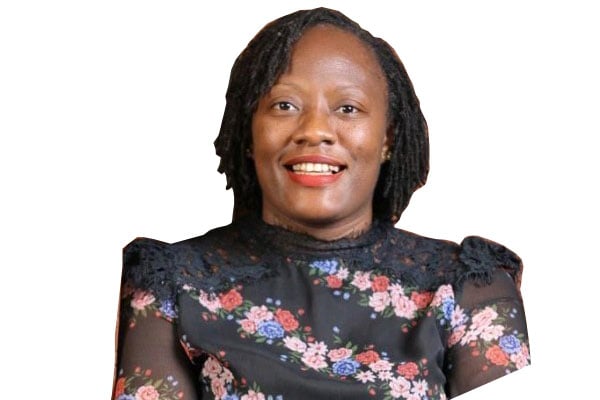Civil society role in empowering girls

Helen B Nangonzi
What you need to know:
- “Strategic partnerships between the government, private sector, and civil society can play a pivotal role in overcoming the barriers to girl child education in Uganda.”
Although Goal 4.1 of Sustainable Development Goals (SDGs) focuses on ensuring that all girls and boys complete free, equitable, and quality primary and secondary education by 2030 in a bid to increase the number of youth with relevant skills for employment, several bottlenecks have led to school dropouts, a trend that should be reversed.
According to the Education Policy and Data Centre national education profile, Uganda has a total of 9,639,000 pupils enrolled in primary and secondary education. Of these pupils, about 8,841,000 (92 percent) are enrolled in primary education.
The 2023 analysis by the Uganda National Examinations Board (Uneb) indicated that an estimated 1.2 million learners (most of whom are girls) enrolled in primary school, drop out before reaching Primary Seven. These dropout rates have been attributed to various factors including poverty, child marriages, and teenage pregnancies.
I commend the government for putting up policies such as the National Strategy for Girls’ Education (NSGE) in Uganda (2015 – 2019), which has continued to register progress in keeping the girl child in school. The NSGE provides for a national implementation framework, laying out strategies to achieve the goal of narrowing the gender gap in education, to accord the girl child the right to equal access, equal chances to take part in the education system.
The introduction of Universal Secondary Education and Universal Post Primary Education increased secondary enrolment by 25 percent from 2006 to 2008, with girls constituting 46 percent of the increase. In the same way, there has been an increase in girl child enrolment in universities partly due to the affirmative action of adding 1.5 points to girls in public universities. Although the government has made sustained efforts, obstacles remain. Girls continue to face barriers, including being forced to prioritise domestic work over attending class or lacking the fundamental resources necessary to participate in school.
The 2015 Situation Analysis of Children in Uganda report indicated that primary school enrolment rates are high (94 percent), but so are dropout rates, with only two out of three of those who enrol completing their primary education. Secondary school enrolment rates are much lower than those for primary school (24 percent) and dropout rates are even higher. The report cited violence and sexual abuse at school, along with lack of sanitation and hygiene facilities to contribute to high dropout rates, especially among girls, as well as conflict and disasters which disrupt and undermine education in some parts of the country.
As we strive for a more equitable society to address the said bottlenecks hindering girl child education, strategic partnerships between government and private sector players, including civil society organisations, can play a pivotal role in tackling these challenges, ensuring every girl has access to quality education. By collaborating and leveraging their diverse strengths, these players can help the government by ultimately empowering girls to reach their full potential and contribute to development.
The recent handover of Shs300 million by Absa Bank Uganda, proceeds from the KH3-7 Hills Run, to support girl child education is a testament to the power of partnerships to drive positive change. There’s no one-size-fits-all solution, more effective, targeted strategies are needed to address the complex challenges hindering girl child education in Uganda. Different regions, communities, and individuals face unique challenges, hence the need for flexibility in finding solutions.
The funds will provide school fees bursaries, skill young girls in making reusable sanitary pads, and strengthen menstrual hygiene management. In addition, the funds will also be used to procure bicycles to provide transportation for girls who have to walk long distances to get to school. Long distance exacerbates the risk to sexual harassment, exploitation, and abuse. Through partnerships, we can develop innovative education programmes, provide scholarships and mentorship as well as promote community engagement and awareness.
Let us transform girl-child education. We can unlock girls’ potential, empowering them to become leaders, innovators, and changemakers. By working together, we can create a brighter future for Uganda’s girls and, ultimately, a more prosperous society for all.
Ms Helen B Nangonzi is the marketing and customer experience director of Absa Bank Uganda




